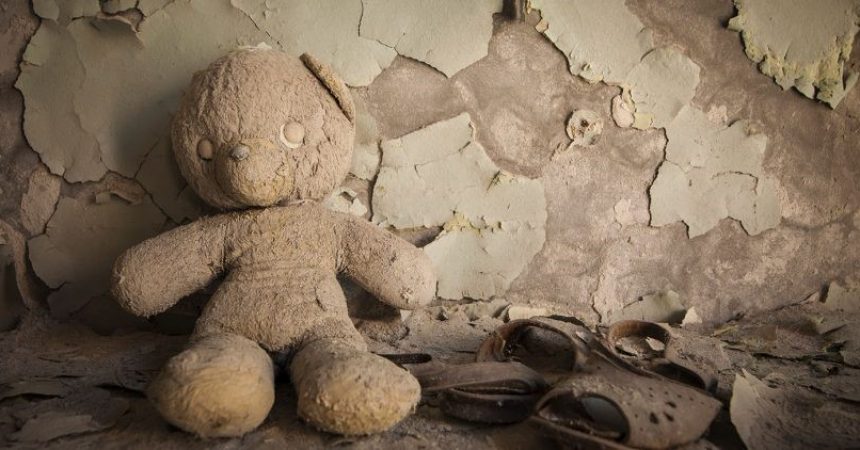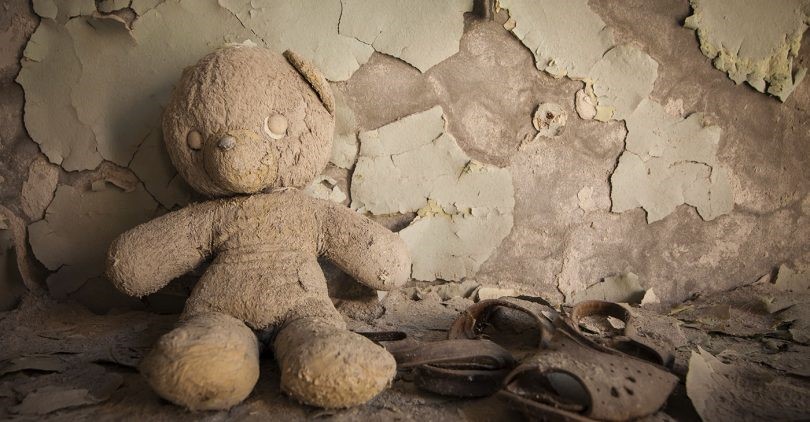
Black and Missing Foundation founder warns pandemic could further expose the vulnerable

Photo special to the Outlook
Stacy M. Brown
NNPA Newswire Senior
National Correspondent
@StacyBrownMedia
Within days of each other, separate investigations by the United States Marshals Service in Ohio and Georgia led to the rescue of 39 missing and endangered children.
In August, these operations were viewed as two small victories in the widespread problem of missing children.
Natalie Wilson, the co-founder of the Landover Hills, Maryland nonprofit, Black and Missing Foundation, Inc., said child sexual abuse online continues to occur in America at an unfathomable rate.
Wilson has worked for more than 12 years through her organization to shine a spotlight on missing individuals of color.
She cited FBI statistics that revealed startling facts about missing people of color – particularly African Americans.
“Approximately 230,302 minorities were reported missing in the United States out of 612,846 for all races,” Wilson said, citing FBI statistics that included all of 2018.
“It’s important to note that the FBI groups Hispanics in with Whites, so the percentage of those reported missing in 2018 are 59 percent White and about 40 percent people of color. Think about that. African Americans make up about 13 percent of the U.S. population, and four and 10 are reported missing. The keyword is reported. There are many more.”
Wilson said she fears that the number of missing has likely increased during the coronavirus pandemic.
Technology continues to evolve, and young people spend an increased amount of time online, so extreme precaution must take place, Wilson said.
“The children are online, and they may meet someone who gains their trust,” Wilson stated. “Then, that person eventually will try and lure them somewhere because they’ve now gained that trust.”
According to a recent study conducted by NortonLifeLock, a global leader in consumer Cyber Safety, nearly 7 out of 10 parents (about 70 percent) said their child’s screen time has heightened during the pandemic.
In contrast, most parents (60 percent) are concerned they don’t have enough time to keep track of what their child is doing online.
“Child internet safety is important now more than ever, and we must educate ourselves and our children about the cycle of online child sexual abuse to prevent more victims,” Wilson stated.
She echoed an earlier Black and Missing Foundation, Inc. memo, which noted practical steps parents could take as many children now learn virtually.
“Set up parental control tools on all internet-enabled devices, including age appropriate filters to block harmful websites, videos, and images,” Wilson said.
“Regularly check the online communities your children use, such as social networking and gaming sites, to see what information they are posting, and spend time online with your children and build an atmosphere of trust by establishing an ongoing dialogue and open lines of communication.”
Further, Wilson warned that “there are no take-backs online.”
For more information about the Black and Missing Foundation, visit www.BAMFI.org.







